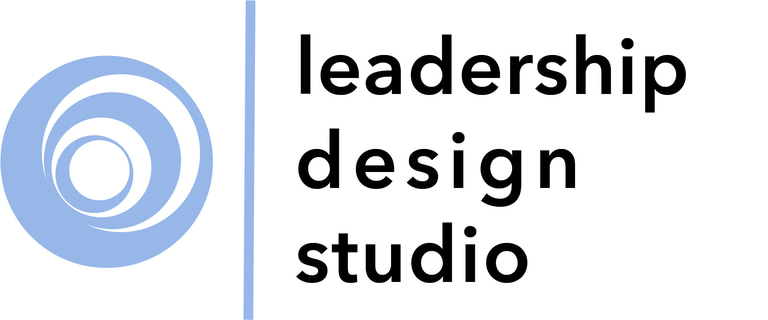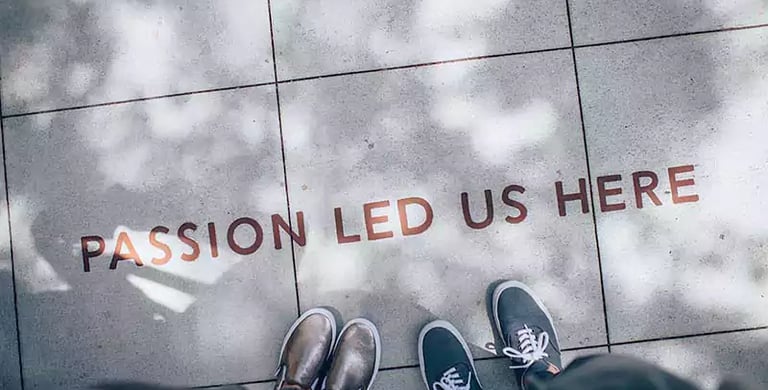
create trusted teams that make a meaningful difference
Trust model
In person or virtual
Facilitator to participant ratio 1:16
Relationships may lack some characteristics and still survive, but without trust, no positive relationship is possible.
Trust is the reason we’re willing to exchange our hard-earned money for goods and services or cast a ballot for someone who will represent our interests. We rely on leaders and team members working within structures, laws and contracts, but even they are ultimately built on trust in the people that enforce them.
Most people are trustworthy, honest, ethical people who come to work with the intention of making a positive contribution. So naturally they assume they will be trusted. However, the reality is that trust in many teams is low, despite the fact that the team members are predominantly trustworthy.
Trust is not abstract, rather, it is the result of experiencing certain behaviours from one-another. Research has identified these behaviours which teams can discuss and describe and must be experienced for trust to be developed and sustained. The Trust Model program provides the framework for participants to assess the current state of trust and the methods for improving trust.
Class size
4 hours
Format
Best for
Duration
Leaders at all levels
Team members
Trust empowers organizations to succeed.
Participants in the Trust Model program learn:
Building a culture of trust is what makes a meaningful difference. Employees in high-trust organizations have:
50% higher productivity
106% more energy at work
74% less stress
13% fewer sick days,
76% more engagement,
29% more satisfaction with their lives,
40% less burnout.
Trust is one of the most essential forms of capital leaders and organizations have. When you have trusting relationships between your team members and with their leaders, you have the foundation for building a successful organization with higher levels of collaboration, creativity and risk-taking, and increased retention.
Relationships are formed as trust develops. When trust diminishes, relationships become more distant, often leading to conflict. Team members that are engaged and committed to the team’s purpose, values and vision requires a high level of trust. Team members need to know they can trust their team leader and other members of the team.
With the support of professional facilitators, our program creates a safe environment that allows participants to work within the framework of the Trust Model and engage in exercises designed to assess the level of trust for each other.
Four specific behaviours that must be present for trust to be developed and sustained:
Acceptance - Accepting people for who they are; being non-judgmental
Openness - Being willing to listen to other’s ideas and to share your ideas and opinions
Congruence - Practicing what you preach and saying what you really mean
Reliability - Doing what you say you will do
To adopt the Trust Model to gain perspective on the behaviours that have led to the current extent of trust in the team.
To take personal responsibility for their behaviour and understand how it can affect the levels of trust other team members have for them.
Behaviours that build trust and sustain team members that are trustworthy, honest and ethical.


Why choose our Trust Model program?
In its 2016 global CEO survey, PricewaterhouseCoopers reported that 55% of CEOs think that a lack of trust is a threat to their organization’s growth.
People working in a culture of trust collaborate better with their colleagues, and stay with their employers longer than people working at low-trust companies.
What is included
Program facilitation
Program material
Possibilities of group coaching, beyond the program delivery is also available


